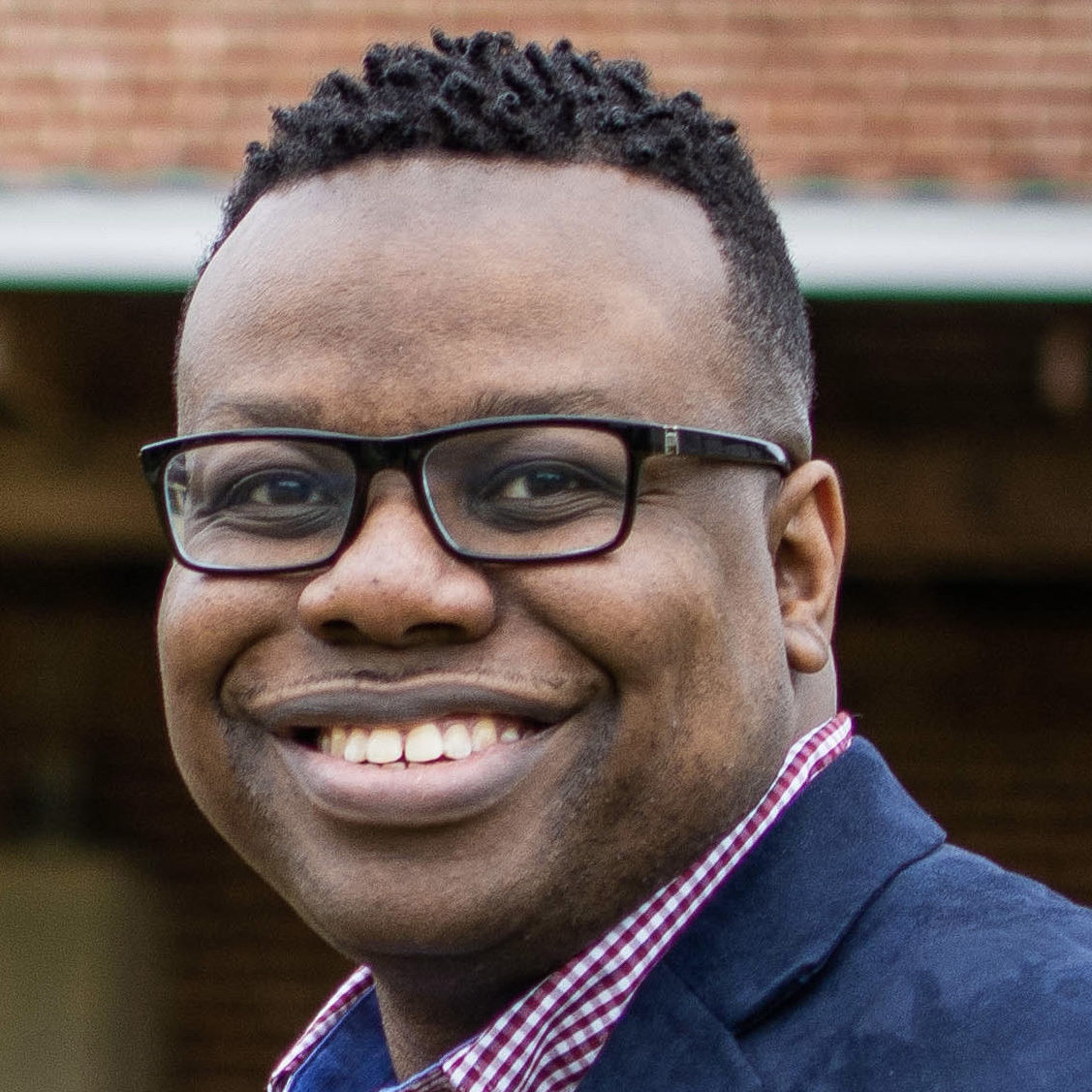
Education’s immediate future requires a balancing act: Taking full advantage of what worked during the pandemic as educators also guide students in reacclimating to their classroom routines.
That’s the driving philosophy behind the wisdom that Adam Phyall—the director of technology and media services for Georgia’s Newton County School System in Covington—plans to share as a featured speaker on the Future of Ed Tech Educators Track at the Future of Education Technology® Conference 2022 in January.
“We have to try to find a happy place where we can incorporate the new skills we’ve learned into the ‘back to normal,'” says Phyall, a former classroom teacher. “How we can take the issues that worked well, such as connectivity and getting students devices, how do we take that and strike while the iron is hot in teaching and learning.”
One example of this concept is expanding opportunities for students to demonstrate mastery by showing their creativity with emerging ed-tech tools and platforms. It’s becoming critical for students to learn to create content and understand what it means to share content online, Phyall says.
More from FETC: Speaker covers 5 ideas for playful and purposeful learning
Federal COVID relief funds should smooth the way for this transition as virtually every district can afford to go 1-to-1 with devices. “We’ve been looking for ways to leverage existing tools kids are familiar with,” he says. “During the shutdown, so much original content was created—Tik Tok really took off.”
Another important mindset to maintain from the COVID experience is a willingness to experiment and adjust as the needs of learners and teachers evolve. This will allow learning to continue in the face of future crises, such as hurricanes, wildfires and other natural disasters.
FETC Live 2022
The Future of Education Technology® Conference takes place live and in-person Jan. 25-28, 2022, in Orlando.
Hot topics in the Future of Ed Tech Educators Track include:
- AR/VR/mixed reality tools
- Artificial intelligence
- Equity, access and achievement gaps
- Computer science & coding
- e-sports and game-based learning
- Instructional design
- Online and distance learning strategies
- Makerspaces and robotics
- Personalized learning
- Telehealth/mental health
“Now we know we can change things and it’s not going to be the end of the world,” Phyall says. “We have to keep that willing to fail mentality because one of the things I’ve come to grips with is this isn’t going to be the last time we have to shut things down for something.”
Educators should also be thinking about how students and families can use ubiquitous tools such as smartphones for learning. Students, of course, can just as easily create and post videos from an iPhone as they can with a tablet or laptop.
More from FETC: The rising importance of library leaders in K-12 schools
During the pandemic, many ed-tech vendors made their platforms and products available to schools for free. Administrators now deciding how to spend relief funds will have to examine their data to see which tools worked best for student learning, he says.
Beyond the pandemic, educators have to help students reckon with the other historic moments of the past 18 months and beyond, including the #MeToo movement, the Black Lives Matter protests, and the fallout from the 2020 election, he says.
“We’ve been focused on COVID but we’ve also had a social awakening,” Phyall says. “Our students want to have a voice and they want to talk about George Floyd and what happened on Jan. 6. We need to give them a platform and the skills to express themselves because they’re doing it whether they’re inside or outside school.”



